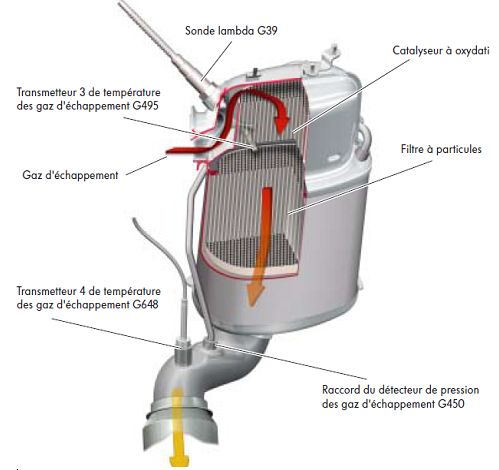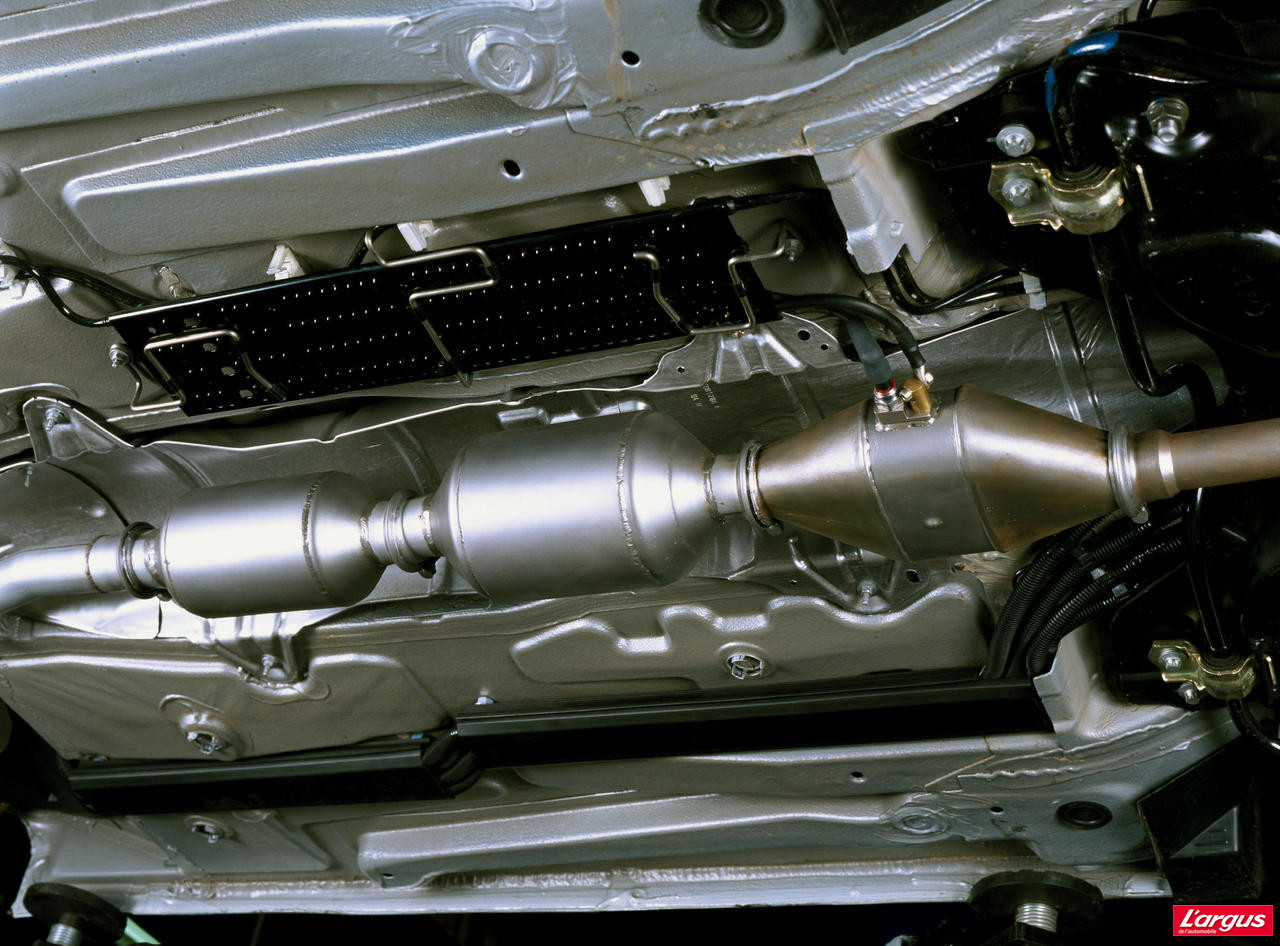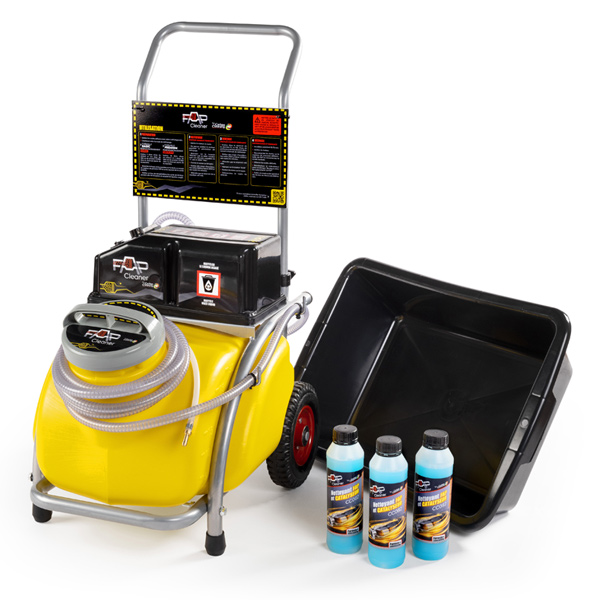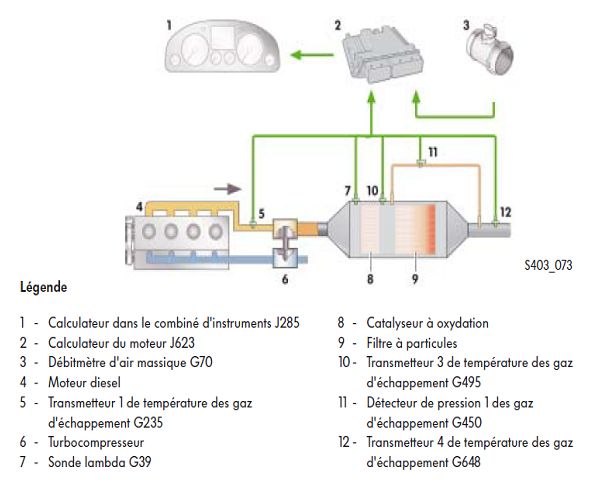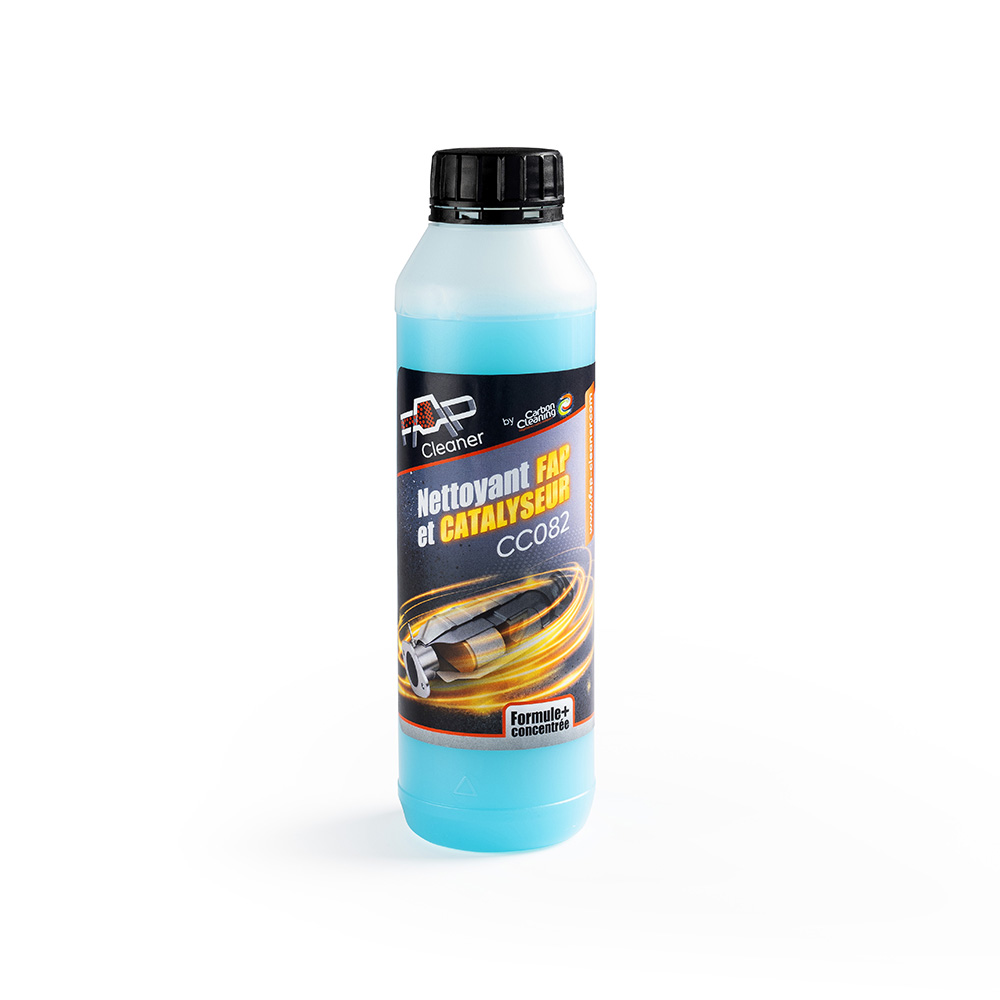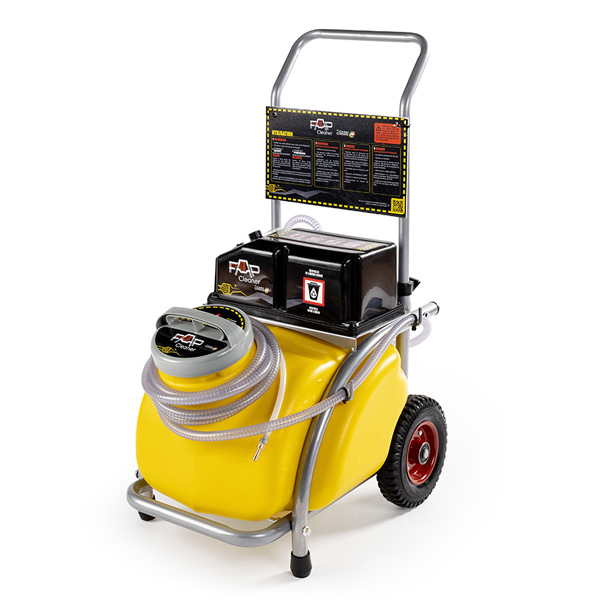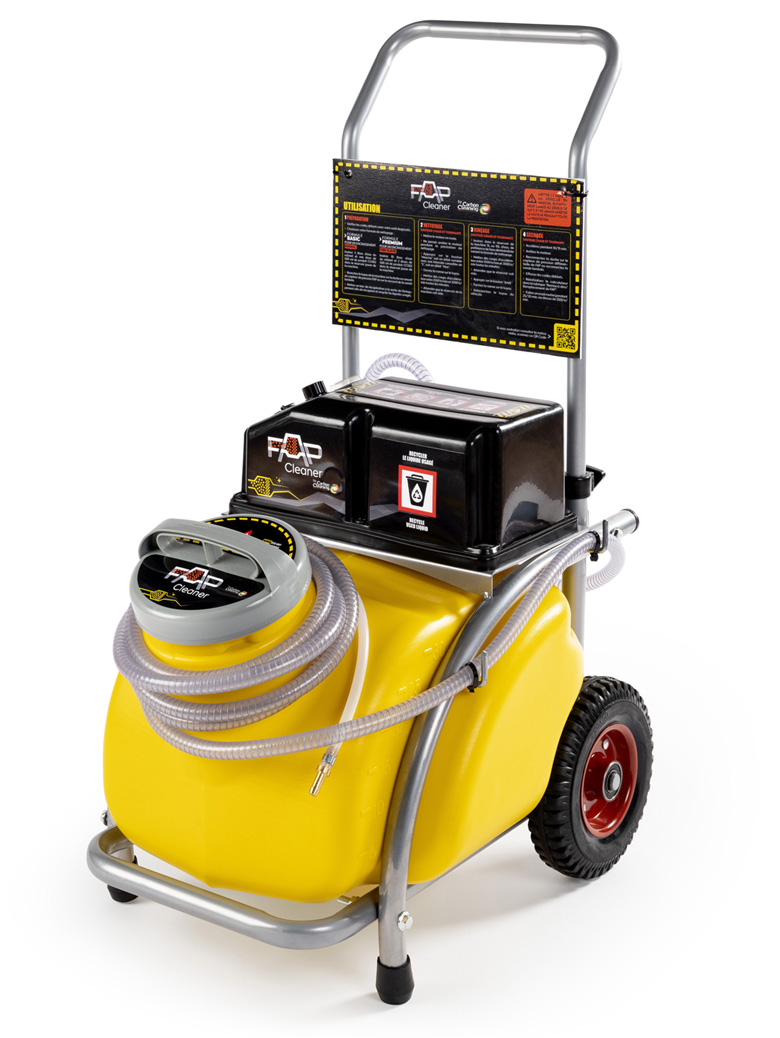What is a catalytic converter?
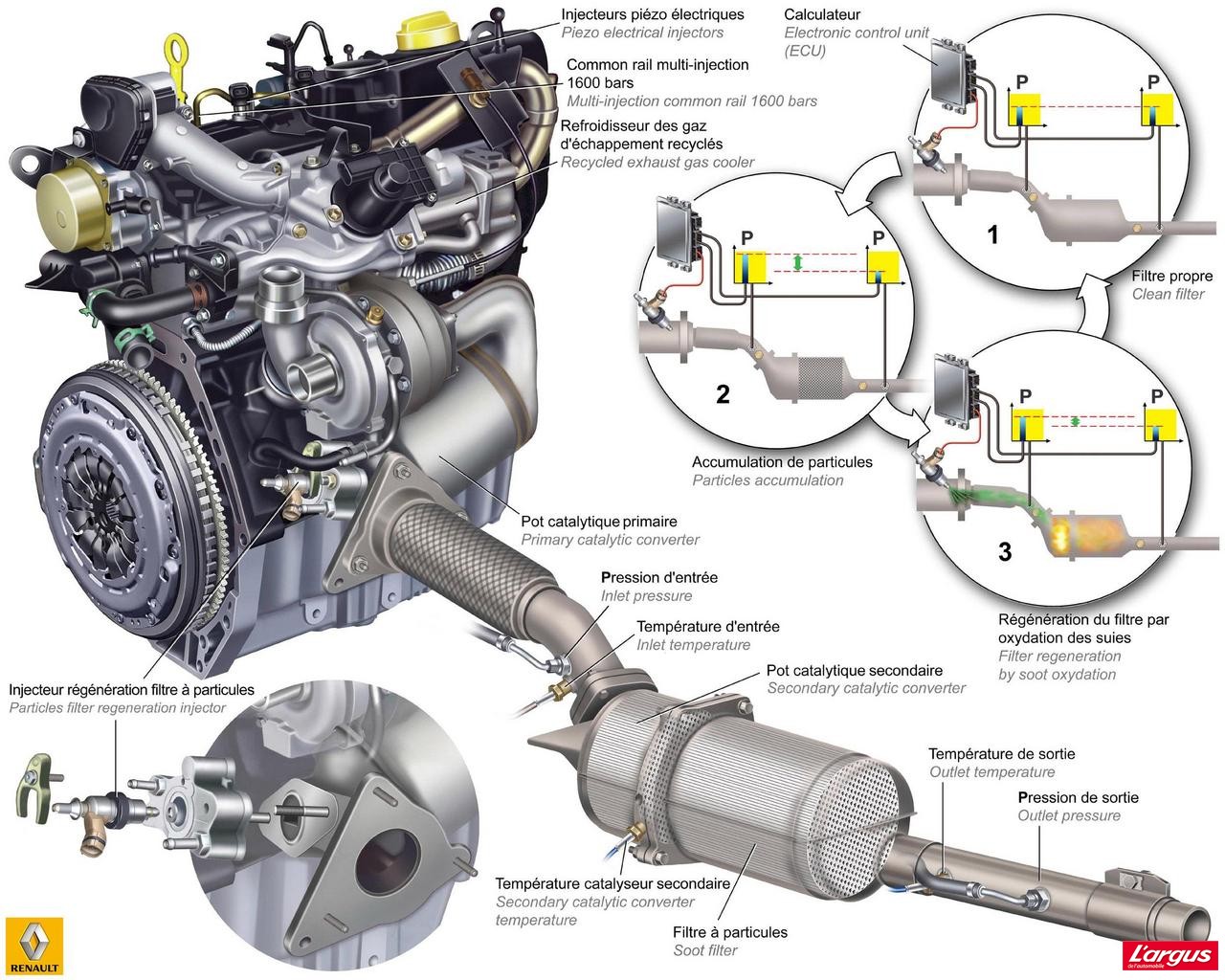 A catalytic converter, also called a catalyst, is a component of the exhaust system of motor vehicles that reduces polluting emissions. The catalytic converter contains a catalyst material that helps to convert polluting exhaust gases into less harmful gases before they are expelled into the air.
A catalytic converter, also called a catalyst, is a component of the exhaust system of motor vehicles that reduces polluting emissions. The catalytic converter contains a catalyst material that helps to convert polluting exhaust gases into less harmful gases before they are expelled into the air.
The catalyst material inside the catalytic converter is generally made up of precious metals such as platinum, palladium and rhodium. When exhaust gases pass through the catalytic converter, the metal catalysts cause a chemical reaction that converts polluting gases, such as nitrogen oxides (NOx), into harmless gases, such as nitrogen, oxygen and water.
The catalytic converter is generally placed between the exhaust manifold and the silencer in the vehicle exhaust system. Modern catalytic converters can also be fitted with oxygen sensors to monitor the quantity of oxygen in the exhaust gases and regulate the catalysis process.
In short, the catalytic converter is an important component in reducing pollutant emissions from motor vehicles and helps to protect the environment and public health.
Why does the catalytic converter clog?
The catalytic converter can become dirty due to several factors, including:
- Use of poor-quality fuel: the catalytic converter can clog if the fuel used contains impurities or chemical substances that can damage the catalytic converter material.
- Poor-quality engine oil: Using poor quality engine oil can cause residue and deposits to build up in the catalytic converter, which can adversely affect its operation.
- Unsuitable driving conditions : driving conditions that cause engine overuse, such as high-speed driving or city driving with frequent stops and starts, can lead to particle buildup in the catalytic converter.
- Normal wear : over time, catalyst materials can wear and lose their effectiveness, which can lead to a reduction in the performance of the catalytic converter.
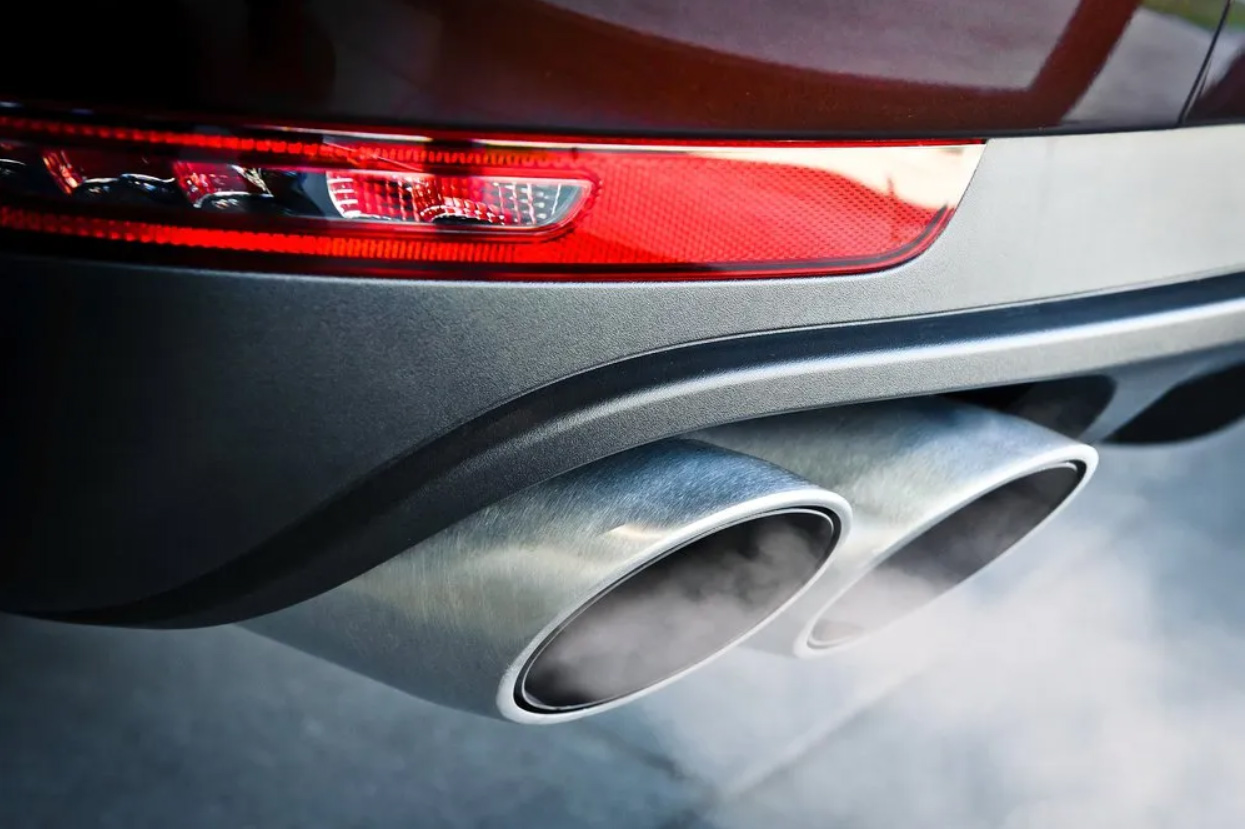 Fouling of the catalytic converter can lead to a reduction in its efficiency and an increase in polluting emissions. It is therefore important to ensure that the vehicle is regularly serviced and that quality fuels and oils are used to minimize catalytic converter fouling.
Fouling of the catalytic converter can lead to a reduction in its efficiency and an increase in polluting emissions. It is therefore important to ensure that the vehicle is regularly serviced and that quality fuels and oils are used to minimize catalytic converter fouling.
You have a problem with your vehicle, such as loss of power, an engine warning light on, exhaust fumes, or you’ve failed your roadworthiness test for pollution, contact us.
Before replacing expensive parts, don’t hesitate to contact our FAP Cleaner technicians who can accurately diagnose your problems and suggest alternative solutions before replacing the parts.

